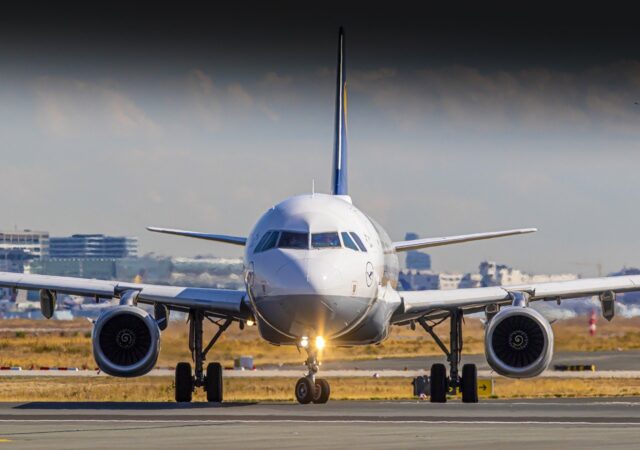Air travel is often the go-to choice for long distances. But like everything else, it comes with its share of ups and downs. In this article, we’ll explore the Advantages and Disadvantages of Air Travel including benefits, challenges, and trends in air travel to help you make informed decisions.
Advantages of Air Travel
- Fast and Efficient
- Airplanes are the quickest way to travel long distances.
- Perfect for emergencies or tight schedules.
- Frequent flights ensure flexibility.
- Global Accessibility
- Air travel connects nearly every corner of the world.
- Remote destinations become easily reachable.
- Reliability
- Flights are less prone to traffic-related delays.
- Airports have advanced technology to handle weather disruptions better.
- Safety
- Statistically, air travel is one of the safest transport methods.
- Rigorous safety protocols protect passengers.
- Comfort and Options
- Airlines offer various seating classes (economy, business, first-class).
- Amenities like Wi-Fi, entertainment, and meals make flying convenient.
- Economic Growth
- The aviation industry creates jobs and boosts local economies.

Disadvantages of Air Travel
- Cost
- Tickets are expensive compared to trains or buses.
- Additional fees (baggage, meals, upgrades) increase expenses.
- Environmental Impact
- Aviation contributes significantly to greenhouse gas emissions.
- Efforts to develop greener fuel alternatives are ongoing but slow.
- Weather Delays
- Bad weather can cause flight delays or cancellations.
- Security and Stress
- Lengthy security checks frustrate passengers.
- Carry-on and checked luggage restrictions can be inconvenient.
- Noise and Accessibility
- Airports in smaller towns are less common, requiring alternative transportation.
- Aircraft noise can disrupt communities near airports.
Emerging Trends in Air Travel
- Eco-Friendly Innovations: Airlines are exploring sustainable fuels and carbon offsetting.
- Tech Upgrades: Digital boarding, biometric check-ins, and AI-driven flight management.
- Budget Airlines: Low-cost carriers make flying affordable for more people.
- Hybrid and Electric Planes: Future-ready designs aim to reduce carbon footprints.
FAQs About Advantages and Disadvantages of Air Travel
1. Is air travel worth the cost?
It depends on your needs. For time-sensitive trips or distant destinations, air travel offers unmatched value. However, if cost is a concern, explore discounts, loyalty programs, and budget airlines.
2. How does air travel impact the environment?
Planes release carbon dioxide and other pollutants into the atmosphere. Look for airlines offering carbon offset programs or choose alternative travel when possible.
3. Are there ways to reduce flight costs?
- Book tickets early.
- Travel during off-peak seasons.
- Use comparison tools to find the best deals.
4. What are some tips for first-time flyers?
- Arrive at the airport early to manage security checks.
- Keep essentials (ID, boarding pass) handy.
- Pack according to airline rules to avoid extra charges.
5. Are budget airlines reliable?
Yes, but they often have fewer amenities and strict baggage policies. Research beforehand to avoid surprises.
Final Thoughts
Air travel’s speed, safety, and global reach make it a powerful tool for connecting the world. However, its costs and environmental effects are factors to consider. Trends like eco-friendly innovations and cheaper flights are reshaping aviation, making it more accessible and sustainable for future travelers.
When deciding to fly, weigh your priorities—time, budget, or environmental concerns—and make a choice that aligns with your goals.
Now loading...





